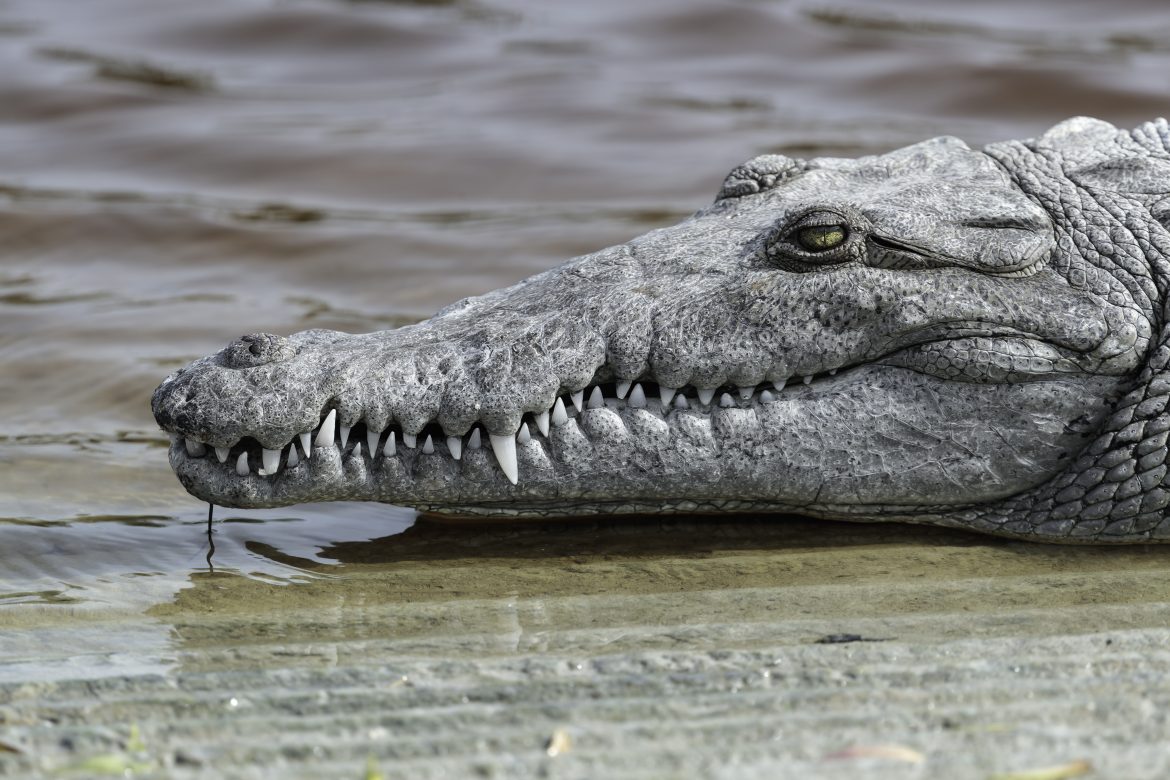In a remarkable instance of nature, researchers have discovered that an egg laid by a lone female crocodile residing in a Costa Rican zoo in 2018, possessed only maternal genetic material, despite being fertile. Essentially, this signifies a case of a virgin birth in the animal kingdom.
A Historic Instance of Parthenogenesis
In a study published in the Biology Letters journal on Wednesday, researchers revealed that this extraordinary form of reproduction is the first-ever recorded instance in this species. The 18-year-old crocodile, which made Parque Reptilandia zoo its home in 2002, lived in isolation from other crocodiles throughout its life. She laid a clutch of 14 eggs, which in itself was not unusual. However, seven of these eggs appeared to be fertile. Despite artificial incubation for an additional three months, the eggs failed to hatch and were subsequently opened.
An Unusual Birth – A Look Inside the Egg
Out of the seven fertile eggs, one contained a fully formed, but stillborn, fetus. It was deemed to be a product of parthenogenesis, or a virgin birth. The genetic analysis showed that the stillborn crocodile had identical genotypes to its mother and no paternal genes were present.
Facultative Parthenogenesis – A Rare Occurrence in Nature
The rare biological phenomenon observed in the case of this crocodile is termed facultative parthenogenesis. This type of reproduction has been documented previously in various animal species including birds, non-avian reptiles like lizards and snakes, and certain types of fish, including sharks and stingrays.
With the documentation of facultative parthenogenesis in these species and now crocodiles, researchers believe that this discovery could offer “tantalizing insights into the possible reproductive capabilities” of prehistoric animals such as dinosaurs and pterosaurs, the ancient flying reptiles.

